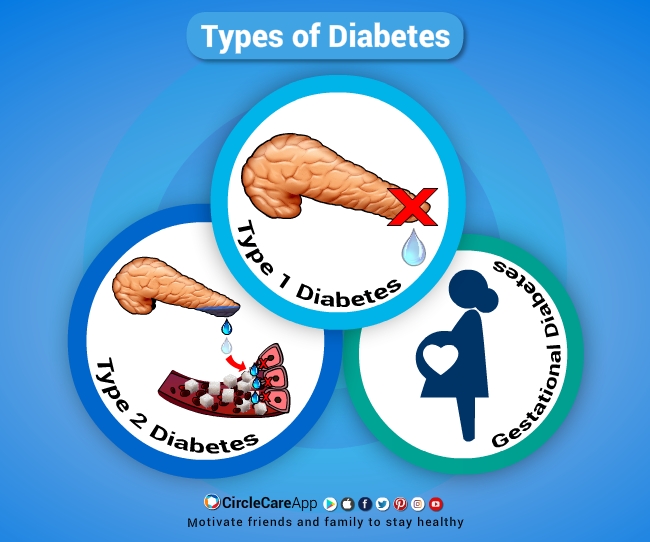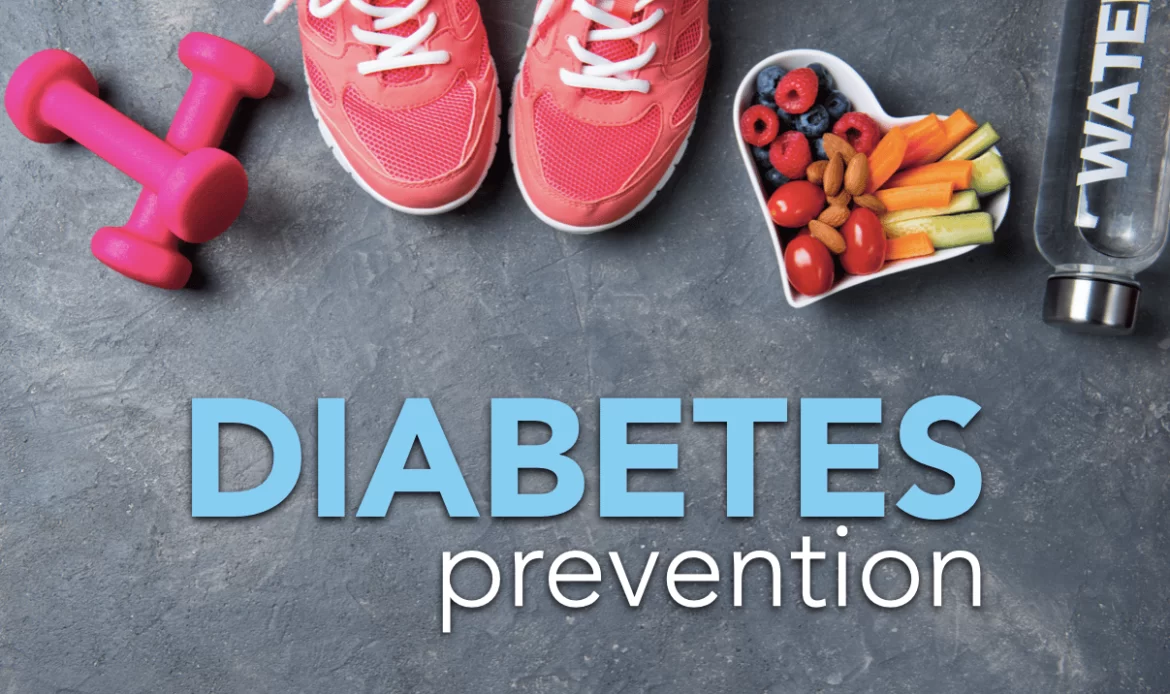
World Diabetes Day, observed every year on November 14th, reminds us of the importance of understanding this complex condition. Diabetes is a chronic illness affecting millions worldwide, yet many misconceptions surround it. For example, some people think diabetes is caused solely by eating too much sugar, while others believe that it only happens to adults. But diabetes is much more than these oversimplified ideas, and learning about it can help us make better choices for our health.
In this article, we’ll break down what diabetes is, explain the common myths, and highlight ways to prevent and manage it. Whether you’re 10 or 100, understanding this condition can help you take charge of your health.
What Is Diabetes?
Diabetes is a condition where the body struggles to control the amount of sugar, or glucose, in the blood. When you eat, your body turns food into glucose, which gives you energy. A hormone called insulin helps this glucose move from your blood into your cells, where it’s used as fuel.
In people with this condition, this process doesn’t work properly. Either the body doesn’t make enough insulin, or it can’t use insulin effectively. As a result, sugar builds up in the blood instead of being used for energy.
There are three main types:

- Type 1 Diabetes occurs when the body’s immune system attacks the cells that make insulin. It often starts in childhood and requires daily insulin injections.
- Type 2 Diabetes is the most common type. The body makes insulin, but it doesn’t use it properly. It’s often linked to lifestyle factors like diet and exercise, but genetics play a role, too.
- Gestational Diabetes: This happens during pregnancy and usually goes away after birth, but it increases the risk of type 2 diabetes later in life.
Read: The Health Benefits of Common Spices in Nigerian Cuisine
Common Myths About Diabetes
Diabetes is surrounded by myths that can make it hard to understand the condition properly. Let’s clear up some of the most common misunderstandings.
Myth: Eating Sugar Causes Diabetes
Many people think diabetes is caused by eating too much sugar. While diet plays a role, the condition is more complex. For type 2 diabetes, factors like family history, being overweight, and lack of exercise are bigger contributors. Sugar alone doesn’t cause diabetes, but a diet high in sugary and processed foods can increase the risk over time.
Myth: It Affects Only Adults
Type 2 diabetes is more common in adults, but kids and teens can get it too, especially with unhealthy eating habits and limited physical activity. Type 1 diabetes, on the other hand, often begins in childhood or adolescence.
Myth: People With Diabetes Can’t Eat Sweets
People with diabetes don’t have to avoid sweets entirely. The key is moderation. They must balance treats with healthy foods, exercise, and monitor blood sugar. A person with diabetes can enjoy a small piece of cake, but it’s best paired with other healthy choices.
What Causes Diabetes?
The causes depend on the type, but certain factors can increase the likelihood of developing the condition:
Type 1 Diabetes is caused by the immune system attacking insulin-producing cells in the pancreas. Scientists believe this could be linked to genetics or exposure to certain viruses, but the exact cause is still unknown. Type 2 Diabetes is closely tied to lifestyle and genetic factors. Eating too much unhealthy food, being overweight, and not getting enough exercise can increase the risk.
Environmental factors, like exposure to air pollution or certain chemicals, may also contribute to the development of diabetes.
Who is at Risk for Diabetes?
While anyone can develop diabetes, certain groups of people are more at risk. For example, a person with a family history of diabetes has a higher chance of getting it themselves. People who are overweight or inactive are also more likely to develop type 2 diabetes.
Age is another factor. Type 2 diabetes usually occurs in people over 45, but as childhood obesity rates rise, younger people are being diagnosed more frequently.
Even if you don’t have these risk factors, it’s important to maintain a healthy lifestyle. This can reduce the risk of diabetes and other health problems, like heart disease.
Read: The Importance of Regular Health Check-ups: What to Expect
How Can You Prevent This Condition?
While type 1 diabetes cannot be prevented, type 2 diabetes often can be avoided or delayed with lifestyle changes. Here are some tips to reduce your risk:

- Eat Healthy Foods: Eat plenty of fruits, vegetables, whole grains, and lean proteins. These foods help keep your blood sugar steady. Avoid sugary drinks and processed snacks, as they can cause blood sugar spikes. For example, swapping a soda for water or a sugary snack for an apple is a simple way to make healthier choices.
- Stay Active: Regular physical activity is one of the best ways to prevent type 2 diabetes. Exercise helps your body use insulin better and keeps your weight in check. Activities like walking, playing sports, or dancing are fun ways to stay active. Aim for at least 30 minutes a day, five days a week.
- Watch Your Weight: Being overweight puts extra strain on your body and increases the risk of diabetes. Maintaining a healthy weight is crucial. Simple changes, like eating smaller portions and staying active, can make a big difference.
- Get Regular Check-Ups: If diabetes runs in your family or you have other risk factors, regular check-ups are essential. Your doctor can test your blood sugar levels and catch any issues early before they become serious.
Diabetes is a serious condition, but it’s manageable with the right knowledge and lifestyle choices. Understanding the difference between myths and facts is the first step. Whether it’s eating balanced meals, staying active, or recognizing the early signs, small changes can make a big difference.
This World Diabetes Day, let’s commit to spreading awareness and taking proactive steps for better health. Whether you’re supporting a loved one with diabetes or working to prevent it yourself, knowledge is your greatest ally.
Want to learn more about managing diabetes or preventing it? Share this article to spread awareness and help others take control of their health. Together, we can fight diabetes and build healthier communities!
